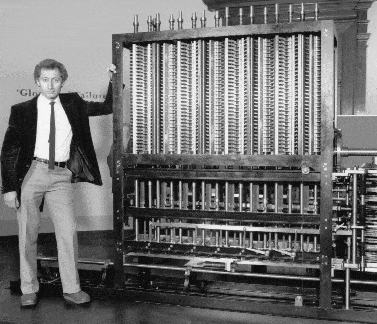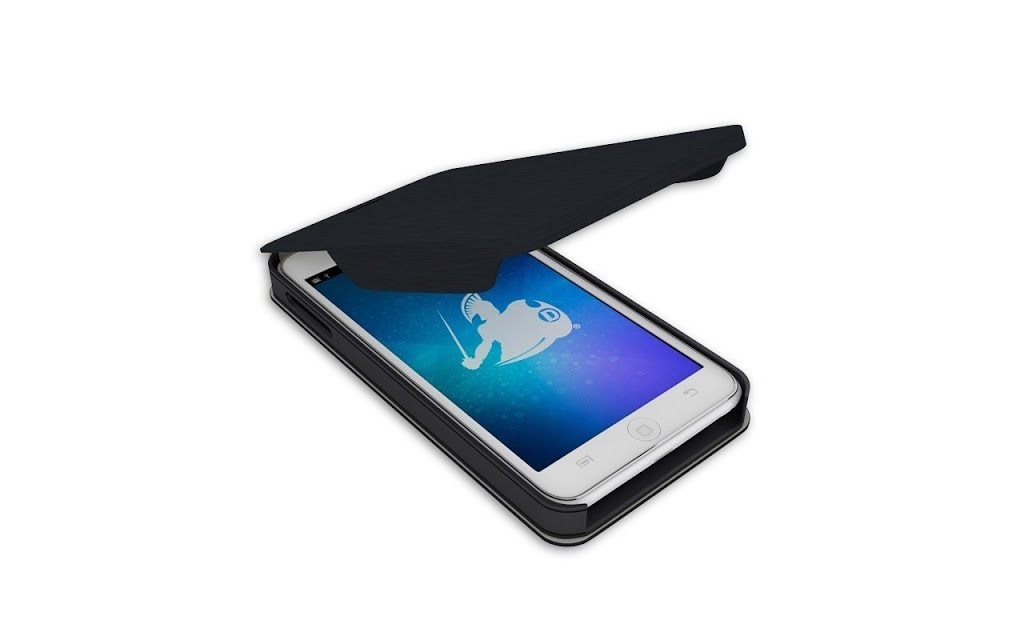A Brief History on the Invention of the Computer: When Was the First Computer Really Invented?

Throughout history, the development of computer technology has witnessed significant milestones. From the invention of the abacus to Charles Babbage’s Difference Engine and Analytical Engine, early designs laid the foundation for integrated memory and computational capabilities.
Konrad Zuse’s contributions to the Z1 computer and later commercially sold Z4 further propelled advancements. The debate surrounding the first digital computer centers on the Atanasoff-Berry Computer (ABC) and ENIAC, while Alan Turing’s pioneering ideas in the 1930s shaped modern computing mechanisms.
The introduction of desktop computers in 1968 marked a turning point, ultimately leading to the personal computer era that continues to shape our society today.
Early Origins of Computer Technology
The early origins of computer technology can be traced back to inventions such as the abacus and Charles Babbage’s Difference Engine. The abacus, recognized as the earliest computing device, enabled basic calculations by manipulating beads on rods.
Babbage’s Difference Engine, on the other hand, was a mechanical computer that could perform complex mathematical calculations and print results without human intervention. These early computing devices laid the foundation for further advancements in computer technology.
If widely available in the 19th Century, Babbage’s machines could have significantly advanced computer evolution. However, due to funding issues, neither the Difference Engine nor his later creation, the Analytical Engine, which incorporated integrated memory for the first time, were produced in ample quantities during their time.
Konrad Zuse and the Z1
Konrad Zuse created the Z1, a mechanical computing device using punched tape technology. The invention of the Z1 represented a significant breakthrough in early computing technology and played a crucial role in the evolution of computers.
Unfortunately, the Z1 was destroyed during World War II; however, Zuse survived and launched the commercially sold Z4 computer in 1950. The Z4 marked another milestone in computer evolution and further contributed to the development of early computers.
The use of punched tape technology in the Z1 demonstrated the potential for integrating input/output devices into computing machines, paving the way for future advancements in computer design. This mechanical device set a foundation for subsequent electronic computers and propelled further computer science and engineering innovations.
The Battle of First Digital Computers
The debate over the first digital computers centers around the Atanasoff-Berry Computer (ABC) and the ENIAC computer. Universities created both machines in the early 1940s, leading to a patent battle.
The ENIAC is generally credited today as the first digital computer. It was developed at the University of Pennsylvania and was designed to perform calculations for artillery trajectories during World War II.
On the other hand, the ABC, developed by John Atanasoff and Clifford Berry at Iowa State College, aimed to solve systems of simultaneous linear equations using electronic circuits.
While there are similarities in their design principles, especially in terms of using vacuum tubes for computation, it is widely accepted that ENIAC’s complex architecture and broader range of applications make it more deserving of recognition as the first digital computer.
Alan Turing and the Fundamental Mechanisms
Alan Turing’s foundational contributions in the 1930s laid the groundwork for modern computer technology and continue to impact computer science and artificial intelligence profoundly.
His work was centered around universal computation, which led to the development of theoretical models such as Turing machines. These machines represented a fundamental breakthrough in understanding what it means for a device to compute.
Turing also significantly contributed to cryptography during World War II, playing a crucial role in breaking German Enigma codes. His ideas and concepts continue to influence computer science, with his test for machine intelligence, known as the Turing Test, serving as a benchmark in artificial intelligence.
Turing’s legacy as a pioneer in computer technology is widely recognized, and his contributions have shaped the way we think about computation and artificial intelligence today.
Desktop Computers and the Personal Computer Era
The emergence of desktop computers in the late 1960s marked a significant milestone in the development of computer technology and paved the way for the personal computer era. The evolution of desktop computers can be traced back to the Hewlett Packard 9100A, sold in 1968. Although not widely adopted, it laid the groundwork for future developments in this field.
The Altair 8800 is generally credited with starting the personal computer era. Its release in 1975 sparked a revolution in computing by making computers more accessible to individuals. Apple’s contributions to the personal computer industry also played a crucial role, although they came after the Altair 8800.
The impact of personal computers has been profound, transforming various aspects of society and driving the rise of the computer industry as we know it today.
Frequently Asked Questions
What Were the Major Obstacles That Prevented Charles Babbage’s Early Computer Designs From Being Produced in the 19th Century?
The major obstacles that prevented Charles Babbage’s early computer designs from being produced in the 19th Century can be attributed to challenges and limitations.
Technological constraints posed significant hurdles, such as the need for advanced manufacturing techniques and reliable power sources.
Additionally, funding issues played a crucial role in impeding the production of Babbage’s designs.
Had these obstacles been overcome, Babbage’s computers could have substantially advanced computer technology during the 19th Century.
How Did the Destruction of the Z1 During World War II Impact Konrad Zuse’s Work in Computer Technology?
The destruction of the Z1 during World War II significantly impacted Konrad Zuse’s work in computer technology. This setback forced Zuse to rebuild and find alternative solutions to continue his research.
Despite losing the Z1, Zuse persevered and launched the commercially sold Z4 computer, which marked another milestone in computer evolution.
The destruction of the Z1 served as a turning point for Zuse’s career, pushing him to overcome obstacles and make further contributions to the development of early computers.
Can You Explain the Patent Battle Between the Atanasoff-Berry Computer (Abc) and the ENIAC Computer?
The patent battle between the Atanasoff-Berry Computer (ABC) and the ENIAC computer was a dispute over the claim of being the first digital computer.
The ABC, created by John Atanasoff and Clifford Berry in the early 1940s, utilized electronic switches for calculations.
On the other hand, the ENIAC, developed by John W. Mauchly and J. Presper Eckert at the University of Pennsylvania, employed vacuum tubes for computation.
Ultimately, the ENIAC is generally credited today as the first digital computer due to its more comprehensive recognition and influence in shaping future computers.
What Specific Contributions Did Alan Turing Make to the Development of Modern Computer Technology?
Alan Turing made significant contributions to the development of modern computer technology. His work in computational theory and the invention of the Turing machine laid the foundation for modern computers.
Turing’s pioneering research in cryptanalysis during World War II played a crucial role in developing computer science and cryptography.
His ideas and concepts continue influencing various fields, including computer science, artificial intelligence, and mathematical logic.
Turing’s contributions have had a lasting impact on the evolution of computers and are widely recognized in academic circles.
How Did the Introduction of the H.P. 9100A Desktop Computer in 1968 Pave the Way for the Personal Computer Era?
The introduction of the H.P. 9100A desktop computer in 1968 played a significant role in paving the way for the personal computer era.
Although not widely adopted, this revolutionary device began desktop computers.
It showcased the potential for computing power and accessibility in a compact and user-friendly form.
The H.P. 9100A set a precedent for future advancements in personal computing technology, ultimately shaping modern society’s reliance on personal computers as essential tools for various tasks and activities.
Conclusion
In conclusion, the history of computer technology is a fascinating journey that dates back to ancient times with the invention of the abacus. Significant strides were made in integrated memory and computing capabilities, from Charles Babbage’s Difference Engine and Analytical Engine to Konrad Zuse’s Z1 and Z4 computers.
The debate over the first digital computer continues, with the ENIAC being widely credited today. Alan Turing’s contributions laid the foundation for modern computer technology.
The desktop computer era marked by H.P. 9100A and Altair 8800 ushered in the personal computer revolution that has shaped our world today. As we reflect on this remarkable progression, one cannot help but marvel at how far we have come from those early beginnings, where simple tools evolved into complex machines capable of transforming society.








Recent Comments